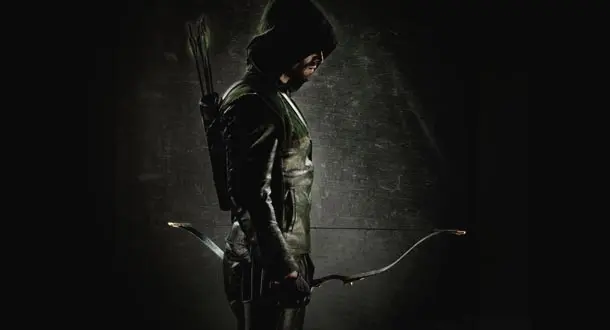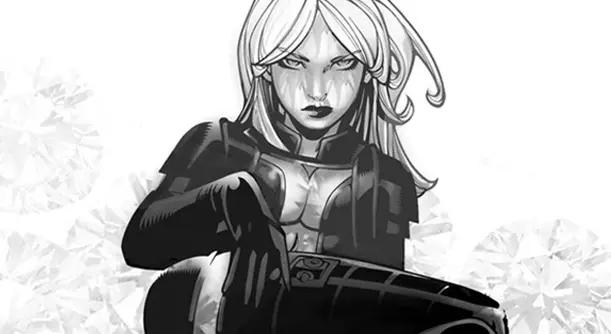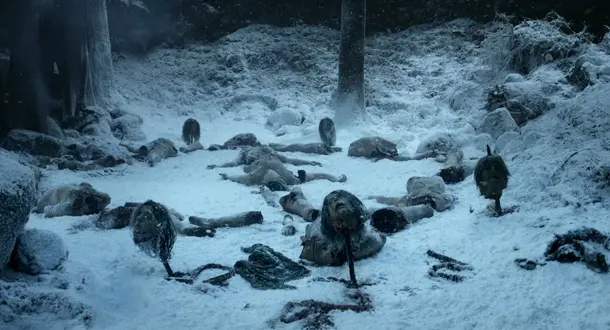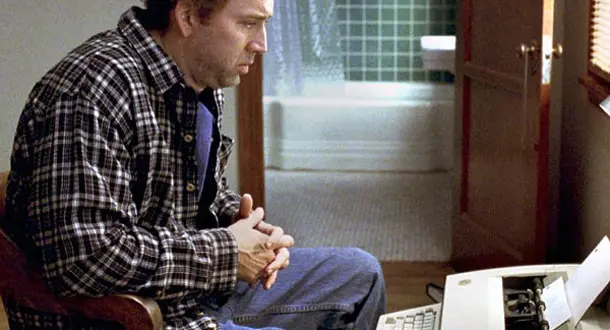Menu
Columns
Showing 3546 Columns
Showing 3546 Columns
January 17th, 2013

Back in August of 2012, after the end of my first (and only) Kickstarter, I wrote about the experience and offered some advice on how to run a successful campaign. Now that more time has passed, and all the emails have been sent, the rewards have been mailed, the packages have been shipped, and the credit card has been thoroughly exercised, where do things stand? Did I make any money? Did I love it or hate it? And most importantly, would I do it again?
Read Column →January 16th, 2013

Header by Rob Young A writer who has never experienced writer's block probably hasn't written very much. Overcoming writer's block isn't as simple as "just writing" or "willing through" the difficulty. However, by understanding writer's block, you can employ strategies that let you maneuver around the problem, effectively outsmarting this common adversary of writers around the world.
Read Column →January 16th, 2013

As some of you may know, I review speculative fiction for GeekDad over on Wired.com. As an indie author, one of the things I try to do is review other self-published work. Since the eReader revolution, there has been a great deal of good fiction being self-published, but not many outlets for reviews. I decided that I wanted to try and fill the gap, at least for the speculative fiction that would fit with the audience on GeekDad. Recently, in order to find new fiction to review, I put out a call for pitches over at The Writers Café on Kindleboards.com.
Read Column →January 15th, 2013

By now you’ve no doubt seen or at least heard about Arrow, DC Comics’ latest hit or miss (pun intended) series. It’s a puzzling piece of television. While it certainly has some potential with its stellar supporting cast and an excellent eye for fight scenes, it continuously steps on its own feet. The drama gets undermined by bad dialogue, and the humor always falls flat, frequently delivered by irritating tertiary characters. Arrow can’t seem to decide what show it wants to be—is it a badass action drama, or a campy cartoon?
Read Column →January 15th, 2013

Just the facts ma’am Sylvia Plath was born in Boston on October 27, 1932, and was raised in Winthrop, Massachussets, with her mother, Aurelia; German-American father Otto; and younger brother, Warren. Plath’s maternal grandparents lived a short distance from her family home and the young Sylvia spent much time in their house, built so close to the sea that she once remarked how after storms they would find the bodies of dead sharks washed up in the garden.
Read Column →January 14th, 2013

There are many components that go into a great story. You need to have a layered, vivid setting. You need to create a narrative hook that pulls your audience in and a story that keeps them interested. You need characters that are complex, flawed, and realistic. And you need dialogue that rings true.
Read Column →January 11th, 2013

Last year brought some brilliant new comics that I hope all of you read and will continue reading – gems like Saga, Hawkeye, Stumptown Volume 2, The Massive, Conan The Barbarian, and even intriguing new runs on books like Journey Into Mystery -- but if you’re curious what great ALL NEW comics to look out for in 2013, this is the list to get you started.
Read Column →January 11th, 2013

Back in the day, the original Star Wars movies were a big hit at my primary school, except with the girls at recess. As the boys galloped onto the playground eager to re-enact the destruction of the Death Star or the defeat of the Imperial forces on Endor, they had a plethora of roles to pick from, male characters of varying ages, colors and body types.
Read Column →January 10th, 2013

By now most of us have heard the saying, “Winter is Coming”, from George R. R. Martin’s A Game of Thrones. In the book and television show, it is the motto of House Stark, the guardians of the northern part of the kingdom, and those who are positioned in one of the worst places for that winter. Winters in Westeros, we’re led to believe, are bigger than just a winter on Earth, more severe, longer, lasting years. Summer at the beginning of the series has lasted nine years.
Read Column →January 10th, 2013

Let’s just get one thing straight—I am not a film critic, but I enjoy the storytelling process so much that I like to watch movies that place the act of making fiction at the center of the story.
Read Column →🎼
Tell us about your book, and we'll give you a writing playlist
Take our 1 minute quiz to find your ideal tunes.